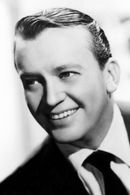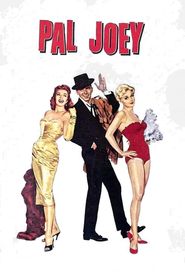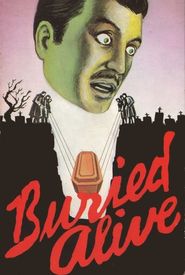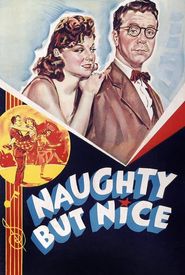Bobby Sherwood's life was marked by a rich inheritance of musical talent, likely stemming from his grandfather's impressive skills as an alto horn player, who mysteriously vanished while performing with a traveling carnival that passed through Indiana, leaving a lasting impression on the young boy.
This multi-talented individual, Bobby, showcased his incredible abilities by recording a song called "Yes Indeed," in which he masterfully played ten instruments, sang all four voices of the quartet, sang the solo, and arranged the song himself. Born into a family of musicians, Bobby's father was a singer and trumpet player, while his mother was a pianist. They even had a vaudeville act called Bob-Gayle Sherwood & Co., in which Bobby joined at the tender age of ten, showcasing his singing, dancing, and banjo-playing skills.
Playing horses was a favorite pastime of Bobby's, and he could often be found at the track, predicting the best times for any horse. Despite not focusing on history and arithmetic, Bobby's knowledge of horses was unparalleled.
After vaudeville's decline, Bobby transitioned to playing in clubs around Los Angeles, eventually becoming Bing Crosby's accompanist on records, in the band, in movies, and on radio. He also had the privilege of working alongside legendary performers such as Burns and Allen, Al Jolson, Rudy Vallee, Edie Cantor, and many more.
Later, Bobby formed his own band and began appearing on television, starting in Cleveland in 1948. His extensive career spanned a wide range of roles, from straight dramatic parts to serving as a straight man for top comedians.


























